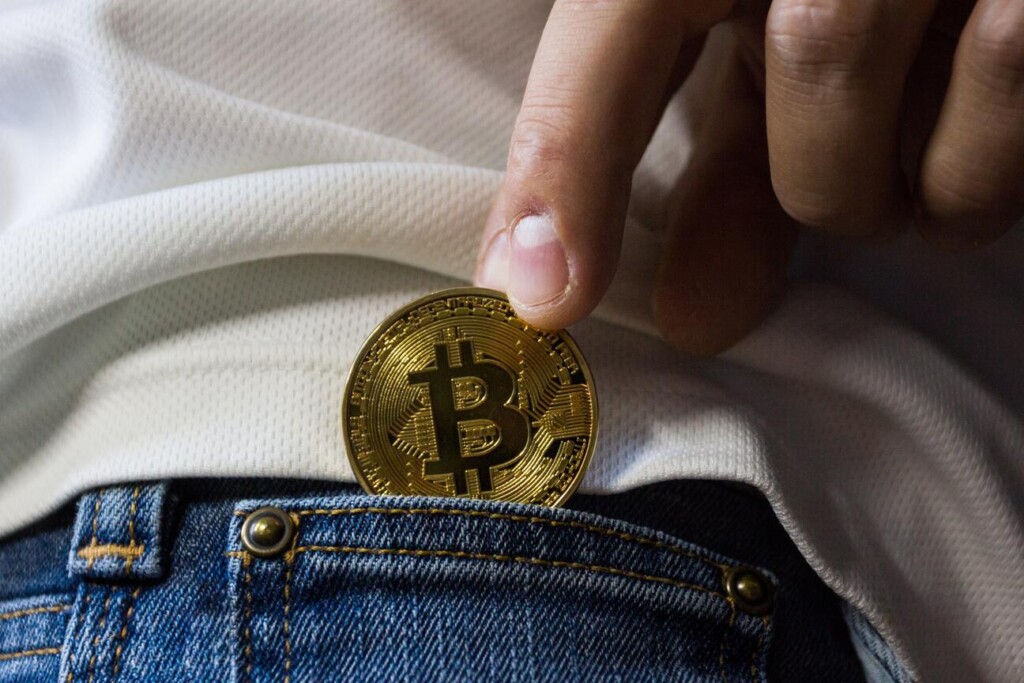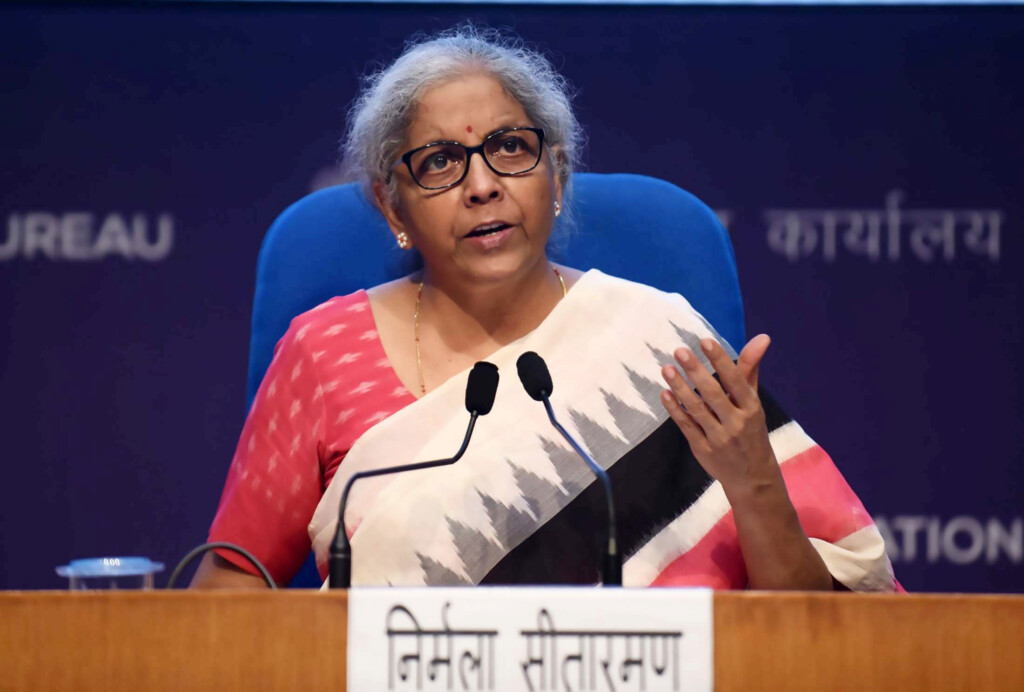The report found that the Cryptocurrency and Regulation of Official Digital Currency Bill proposal has been listed for introduction in the Indian Parliament for consideration and passing. The bill proposes the formation of India’s central bank digital currency (CDBC), to be issued by the Reserve Bank, and banning private crypto ownership in the country. That being said, the bill would also provide certain exceptions for coins that “promote the underlying technology of cryptocurrency and its uses.”
The bill is slated to be presented to parliament during its Monsoon Session, which is set to begin on 19 July 2021. It should be mentioned that this bill is not new, it was actually listed for the previous Budget Session of India’s parliament but its tabling was delayed as a second COVID-19 wave in the country cut the session short. Nirmala Sitharaman, the current Minister of Finance and Corporate Affairs, stated that a lot of work has been done for the proposed bill, which includes input from stakeholders. “From our side, I think one or two indications that I have given is that at least for fintech, experiment and pilot projects window will be available,” she said. The Indian government has yet to clarify its stance on digital currencies. In 2018, the Reserve Bank of India issued a circular to banks asking them to not facilitate cryptocurrencies exchanges. The RBI, on May 31, nulled the 2018 circular by saying that it was no longer valid and barred banks from citing it. Just last month, the New Indian Express reported that the Indian government may backpedal on its hostile stance against virtual currencies after El Salvador officially adopted Bitcoin as legal tender. Top sources revealed that the administration is likely to classify Bitcoin as an asset class in India soon and that market regulator Securities and Exchange Board of India (SEBI) will oversee regulations for the cryptocurrency sector. (Sources: Gizmochina, New Indian Express, BusinessToday Image: Government of India)

